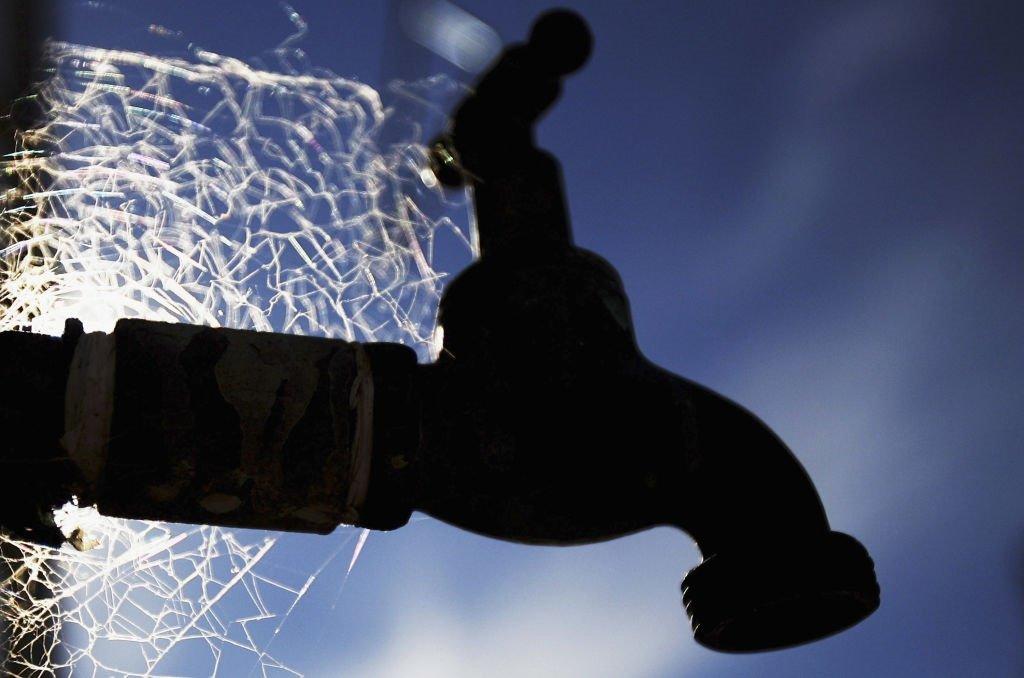Africa-Press – South-Africa. Troubled water boards across the country are being realigned, with several poor-performing entities being closed down to make way for bigger water boards, which will cater for bigger areas.
According to the Department of Water and Sanitation, municipal performance is generally weak, which compromises the delivery effective and sustainable water services by the country’s water boards.
On Tuesday, officials briefed Parliament’s Portfolio Committee on Water and Sanitation on the financial viability of water boards.
Mchunu vows to recoup money looted from dept, and go after those ‘who resign and run away’
The department’s director for institutional governance, Eustathia Bofilatos, told MPs the realignment of water boards had been initiated with the proposed disestablishment of Sedibeng Water.
“Sedibeng Water is being disestablished as an entity through section 28 of the Water Services Act. The reasons for the decision are based on matters relating to finance, governance and delivery of services. The areas previously served by Sedibeng Water will be incorporated into Bloem Water and Magalies Water.
Bofilatos said:
Bofilatos also said Rand Water would service the whole of Gauteng and Mpumalanga, including Hammanskraal.
The Lepelle Northern Water area of operation will be expanded to include the whole of Limpopo “in order to maximise service delivery and cover areas which were previously unserved”.
Umgeni and Mhlathuze Water will be combined to be the regional water board for KwaZulu-Natal.
In the Eastern Cape, the Amatola Water Board will be a regional water board for the province.
“Other recommendations may be made in future, depending on the financial performance of the water boards,” Bofilatos said.
Earlier this week, News24 reported on the department failing to spend more than R2 billion in the 2021-2022 financial year.
The committee raised concerns about it, especially as, amid high unemployment, the department failed to fill all available posts.
She said that, in some instances, the relationship between water boards and municipalities was poor and not conducive to optimal outcomes for service delivery.
KZN floods: Water ‘hoggers’ preventing others from getting much needed relief
The financial viability of some water boards was marginal, she added.
“In some instances, this is related to an underlying structural issue (geography and client base), in addition to challenges with billing and revenue collection, and non-payment by municipalities to water boards. There have been and continue to be governance problems in some water boards.
“As far as possible, water boards should be financially sustainable and able to raise capital from the market for infrastructure projects,” Bofilatos said.
She said some areas are serviced by multiple water boards, resulting in a degree of institutional confusion.
“For example, Hammanskraal, where two water boards and the Tshwane metro are all supplying water, it results in confusion when there are disruptions in service delivery,” Bofilatos said.
Deputy Water and Sanitation Minister David Mahlobo said: “We will improve the institutional oversight. The water boards remain the strongest and best tools to use for our development goals. We could see that we needed to stabilise governance.”
For More News And Analysis About South-Africa Follow Africa-Press






